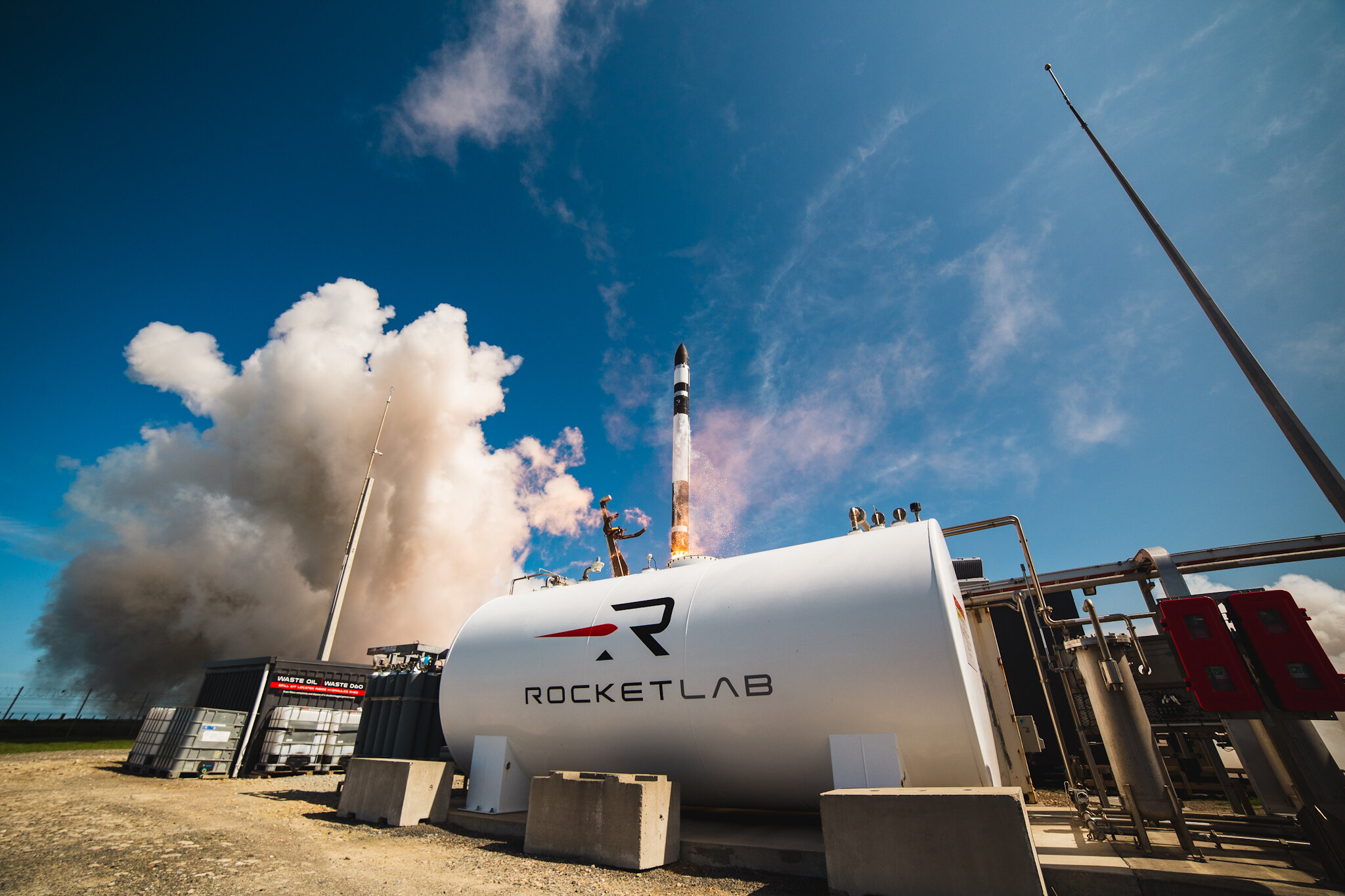Rocket Lab USA's (RKLB 0.54%) stock skyrocketed nearly 470% over the past 12 months. The maker of reusable orbital rockets impressed investors with its successful Electron launches, fresh contracts, and the upcoming launches for its bigger Neutron rocket.
Investors might be reluctant to buy Rocket Lab's stock after that monstrous rally. However, I think it's still worth buying ahead of its next earnings report in August for five simple reasons.
1. Its core business is expanding
Rocket Lab's Electron rocket can carry small payloads of up to 300 kilograms into space. It's been successfully launched 66 times and used to deploy 227 satellites. It achieved six Electron launches in 2021, nine launches in 2022, 10 launches in 2023, and 16 launches in 2024. It's also launched seven Electron rockets in 2025 so far.
Its big customers include NASA, the U.S. Space Force, the Swedish National Space Agency, Capella Space, and BlackSky Technology. Annual revenue rose more than sevenfold from $62 million in 2021 to $436 million in 2024 as it ramped up those launches.

Image source: Getty Images.
2. Its Neutron rockets will arrive soon
Rocket Lab's second rocket, the Neutron, will have a higher maximum capacity of 13,000 kilograms to low-Earth orbit. It's scheduled to arrive in the second half of 2025, and it's already secured new Neutron contracts from NASA and a leading satellite network operator.
Unlike the Electron, which carved out a comfortable niche with its small-lift launchers and doesn't face too many competitors, the Neutron will compete more aggressively against SpaceX's Falcon 9, which has a maximum capacity of roughly 22,800 kilograms. The growing rift between the Trump administration and Elon Musk -- as well as SpaceX's recent delays and failed launches -- might also drive more government contracts to Rocket Lab over the next few years.
3. Its adjusted EBITDA margins are improving
Rocket Lab won't break even anytime soon, but its adjusted earnings before interest, taxes, depreciation, and amortization (EBITDA) margins improved from negative 70% in 2021 to negative 22% in 2024. Those improvements were driven by more launches, higher average launch prices, its increased in-house manufacturing, and tighter spending.
4. It has plenty of irons in the fire
Over the past year, Rocket Lab shipped two new research satellites for NASA, secured an additional study contract for NASA's next Mars mission, and agreed to deploy a constellation of 25 satellites for Kinéis, a global Internet of Things (IoT) connectivity provider. It signed a multi-year Electron launch contract with Japan's Institute for Q-shu Pioneers of Space (iQPS) while advancing its projects with the U.S. government.
Rocket Lab also joined a team led by Kratos Defense & Security Solutions to test hypersonic flights, signed a new satellite launch contract with Airbus, and agreed to provide support for Firefly Aerospace's upcoming lunar mission. It recently agreed to buy Mynaric, a leading laser communications provider; and Geost, which develops satellite sensors for the U.S. military, to further expand its ecosystem. All of these catalysts could help Rocket Lab keep pace with SpaceX, which launched 138 Falcon rockets last year, as the domestic space race heats up.
5. It looks reasonably valued relative to its growth potential
From 2024 to 2027, analysts expect Rocket Lab's revenue to nearly triple from $436 million to $1.2 billion. They also expect its adjusted EBITDA to turn positive in 2026 and more than triple to $202 million in 2027. With an enterprise value of $13.2 billion, it might not seem cheap at 11 times its projected sales for 2027.
Nevertheless, those valuations seem reasonable if Rocket Lab eventually becomes as big as SpaceX, which generated an estimated $13 billion-$14 billion in revenue in 2024. So if you believe Rocket Lab will keep growing over the next decade, it might be smart to accumulate its high-flying stock before its next earnings report.






